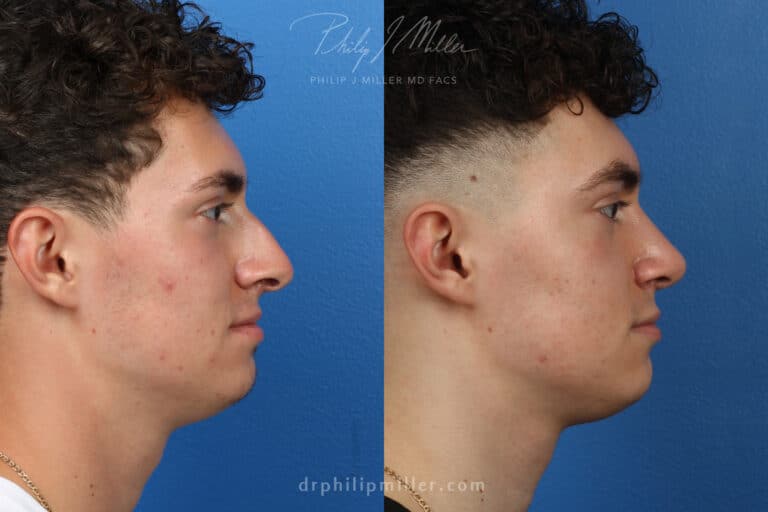Plastic Surgery Inland Empire: Accomplish Your Desire Look with Expert Care
Plastic Surgery Inland Empire: Accomplish Your Desire Look with Expert Care
Blog Article
Examining the Emotional and Social Aspects That Drive Individuals to Think About Plastic Surgery as a Way of Enhancement
The decision to go after cosmetic surgical treatment often prolongs past plain appearances, intertwining with social and emotional dynamics that merit comprehensive exam. Elements such as self-esteem, pervasive social beauty requirements, and the prevalent impact of social media sites merge to shape specific inspirations for surgical improvement. As these influences become increasingly prominent, understanding the underlying emotional and cultural contexts is crucial. What continues to be to be checked out is the extensive effect these elements have not just on personal identification however also on more comprehensive social norms and values surrounding charm and acceptance.
The Role of Self-worth
Self-esteem significantly affects a person's decision to seek plastic surgery. Individuals with low self-worth frequently perceive themselves in an adverse light, resulting in feelings of inadequacy regarding their physical look. This adverse self-perception can drive them to look for medical interventions as an approach of enhancing their self-image. The wish for improvement in one's appearance is frequently linked to a belief that such adjustments will certainly boost their total self-respect and confidence.

Ultimately, the duty of self-worth in the decision-making procedure concerning plastic surgery highlights the intricate interplay in between body photo, individual contentment, and psychological wellness. Recognizing this relationship is vital for healthcare professionals to ensure that patients are making educated choices rooted in sensible expectations and emotional well-being.
Societal Beauty Specifications
Influenced by pervasive media representations and social stories, societal appeal standards play a critical function in forming individuals' perceptions of their very own bodies. These standards are often characterized by an idealized form of elegance that emphasizes qualities such as slimness, youthfulness, and balance. As these suitables are perpetuated via different networks, including marketing, movie, and television, people frequently internalize these messages, resulting in discontentment with their all-natural look.
The effects of these social norms extend beyond aesthetic preferences; they can affect self-worth, mental health, and interpersonal relationships. People that perceive themselves as dropping short of these criteria might experience feelings of inadequacy, prompting a need for plastic surgery as a way of achieving societal approval. This quest is usually fueled by the idea that satisfying these perfects will improve not just physical appearance but also social standing and individual gratification.

Impact of Social Media
The impact of societal elegance criteria is more magnified by the increase of social networks platforms, where curated pictures and idyllic depictions of charm are common. Customers are frequently revealed to filtered and edited pictures, which often portray unattainable physical qualities. This exposure grows a culture of contrast, leading individuals to evaluate their own appearance against these often impractical criteria.
Social media influencers and celebrities regularly advertise cosmetic procedures, normalizing the notion that medical enhancements are a feasible means for accomplishing societal perfects (plastic surgery rancho cucamonga). The visibility of browse around here these enhancements can create an understanding that undertaking cosmetic surgical procedure is a typical technique, therefore affecting individuals to take into consideration comparable treatments as a path to improved self-worth and social approval
Moreover, the interactive nature of social media sites enables immediate comments with likes and remarks, further enhancing the need to adapt popular beauty standards. Such interactions can aggravate feelings of inadequacy and drive individuals towards plastic surgery as a method of getting validation. Inevitably, social media sites plays a pivotal role in forming assumptions of beauty, which dramatically affects the decision-making procedures surrounding cosmetic surgical procedure.

Cultural Point Of Views on Look
Throughout different cultures, assumptions of appearance are deeply rooted in historic, social, and economic contexts, forming people' views on elegance and charm. In several societies, appearance serves as a substantial pen of identity, affecting social standing, specialist opportunities, and individual connections. For example, in some societies, light skin is often connected with riches and benefit, while others may idealize darker skin tones as symbols of stamina and credibility.
Additionally, traditional elegance criteria are commonly continued via cultural narratives, media depictions, and family members influences, causing differing suitables across different regions (plastic surgery rancho cucamonga). In Western cultures, click now the emphasis on young people and physical health and fitness commonly drives people towards aesthetic enhancement, while in specific Eastern cultures, more subtle changes straightened with conventional appearances might be favored
Globalization and the expansion of digital media have actually even more complicated these characteristics, producing a hybridization of beauty suitables that transcends geographical boundaries. As people progressively navigate these cultural stories, the stress to satisfy specific appearance standards can lead to the desire for plastic surgery, mirroring a complex interplay of social values and individual desires. Understanding these cultural perspectives is vital in attending to the motivations behind cosmetic surgery factors to consider.
Mental Impacts of Aesthetic Surgical Treatment
Several people looking for cosmetic surgical procedure record experiencing profound psychological impacts that can substantially alter their self-perception and emotional wellness - plastic surgery rancho cucamonga. The desire for physical improvement usually originates from underlying issues such as reduced self-confidence, body dysmorphic condition, or social stress pertaining to elegance standards. For some, the instant post-operative stage can cause a temporary increase in self-esteem and satisfaction with their look, promoting a feeling of empowerment
Nevertheless, these favorable sensations might not be enduring. Research study indicates that while some people experience enhanced self-confidence, others may encounter intense anxiety or clinical depression if their assumptions are not met. This discrepancy can arise from impractical suitables continued by media representation and social narratives surrounding elegance.
Moreover, the emotional ramifications of cosmetic surgical procedure expand beyond the person. Relationships with friends and family may be stressed as social characteristics change, causing sensations of isolation or alienation. Eventually, the emotional influences of plastic surgery are complex and complex, calling for mindful factor to consider by both prospective patients and doctor to guarantee informed decision-making and realistic expectations.
Conclusion
To conclude, the choice to go after plastic surgery is significantly affected by a mix of self-esteem issues, social beauty criteria, and social perspectives on look. The prevalent reach of social media sites better exacerbates these stress, advertising impractical suitables that people usually strive to attain. Understanding these social and psychological aspects is vital for dealing with the motivations behind cosmetic surgical treatment, highlighting the need for a much more nuanced conversation surrounding appeal and self-acceptance in Find Out More contemporary society.
The choice to go after cosmetic surgical procedure commonly extends past plain appearances, intertwining with mental and social characteristics that warrant thorough examination. Ultimately, social media plays a critical duty in shaping understandings of appeal, which significantly impacts the decision-making procedures bordering cosmetic surgical treatment.
As people significantly browse these cultural narratives, the pressure to adapt to specific appearance requirements can lead to the wish for cosmetic surgical procedure, showing a complicated interaction of personal desires and social worths.In conclusion, the choice to go after cosmetic surgical procedure is substantially influenced by a mix of self-esteem concerns, societal charm criteria, and social viewpoints on look. Recognizing these emotional and social variables is vital for resolving the motivations behind cosmetic surgical procedure, highlighting the need for a more nuanced conversation bordering charm and self-acceptance in contemporary culture.
Report this page